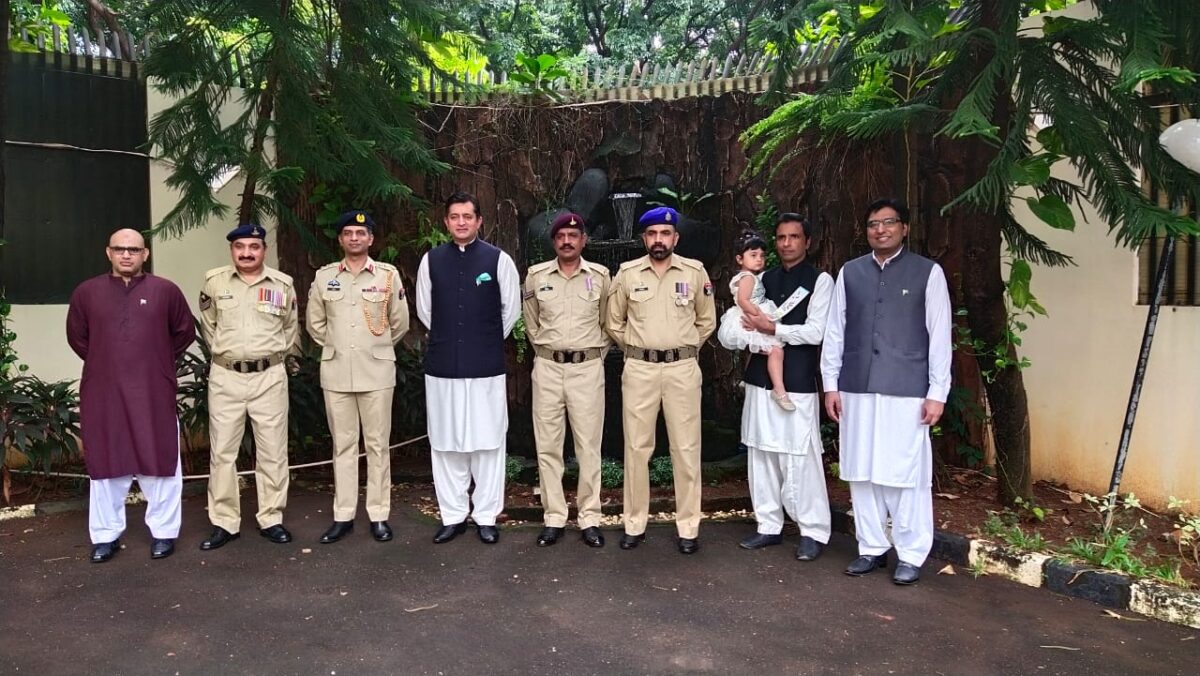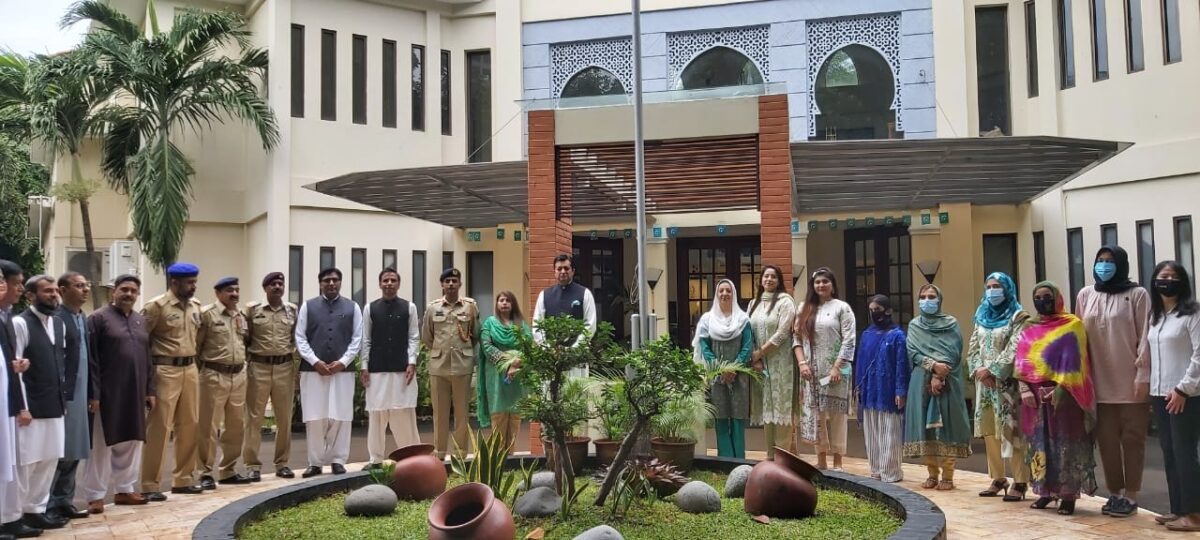Here in Japan I went to Pakistan embassy in Tokyo with my Japanese wife a long while ago to renew my passport/ NICOP card and the consul general sahb was such a nice man he invited us for tea/ coffee/ biscuit, told us all da drama in our very tightened financial situation.........And there wasn't a single security person here in Tokyo.......Totally safe crime free country this Japan. Pakistan is an old friend of Japan and its an amicable relationship between our two countries. Donations da dubba entrance te rakhya hae ga….. I put money in it to help out. Building de marammat, lawn/ landscaping grounds keeping needed some help. Paint and upkeep…..if you are in a position to help improve the image of your country then do it….. carorron dollar nu lay kar qabar main jaana hae? Go help the Pakistani missions overseas if you are overseas Pakistani because our country is in a jam.










































